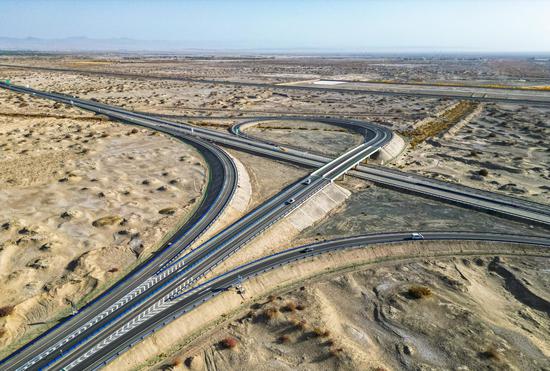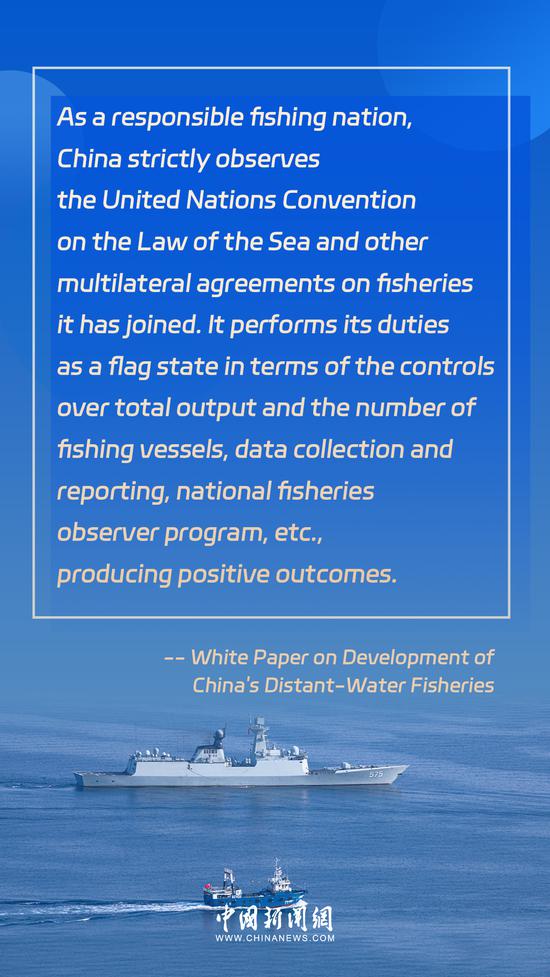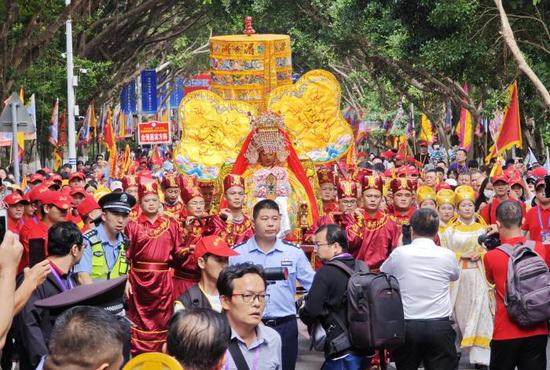Participants at Xinjiang event pledge more effort in cross-border crime fight
Domestic and foreign legal officials have pledged to strengthen collaboration in law enforcement and security, so that they can better serve and safeguard the building of the Belt and Road Initiative.
The pledge put forward by representatives from legal circles in China and abroad while participating in the China — Central and South Asia Forum on the Rule of Law, which was held in Kashgar, Xinjiang Uygur autonomous region, on Monday.
They adhered to a common, comprehensive, cooperative and sustainable security concept, deciding to deepen cooperation in defense, maritime joint search and rescue, disaster management, and the fight against transnational crimes.
They also agreed to intensify crackdowns on separatism, extremism and terrorism, drug trafficking, cyber and cross-border organized offenses, as well as address nontraditional security challenges in fields such as data security, biosecurity and outer-space security.
More exchanges will be conducted in the international governance of cyberspace and the rule of law on the internet, they added.
The participants called for stronger international cooperation against corruption and the advance of global efforts in judicial areas such as extradition and repatriation of criminal suspects and the transfer of sentenced persons.
BRI countries have experienced rapid growth in international commercial disputes, and so it was suggested that information technologies, including big data, artificial intelligence and blockchain, be widely applied in case handling to ensure business problems can be resolved in a fair, efficient and convenient manner.
Participants also pledged to build an integrated Belt and Road legal services platform, with more communication on legal education and jurisprudence research.
Bishowambhar Prasad Shrestha, chief justice of the supreme court of Nepal, said that innovating means that settling disputes concerning BRI projects is a key area, emphasizing "it's desirable that such a dispute resolution framework should be broadly adaptable in the major legal systems".
"Other important means to enhance legal protection for the BRI include anti-corruption measures, which are needed to maintain project integrity, and the protection of intellectual property rights, which is necessary to encourage innovation," he added.
Zholdasbek Nussenov, rector of Kazakhstan's Caspian University, said that building a legal framework is of great significance to promote trade cooperation, create a sound business environment and protect people's legitimate rights. He called on BRI countries to continuously promote the sustainable development of the initiative by rule of law.
Jin Yan, vice-president and secretary-general of Guangdong Provincial Law Society, said that the forum is to secure the high-quality development of the BRI, with more cooperation with Central and South Asian countries in international commercial dispute resolution, science and education, and legal services.


















































 京公网安备 11010202009201号
京公网安备 11010202009201号